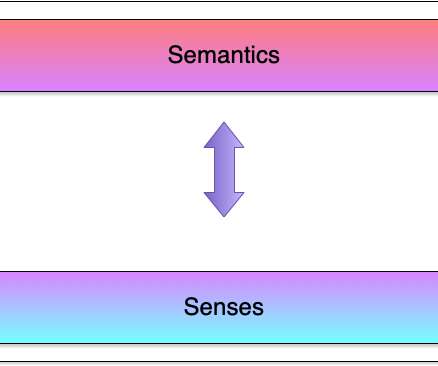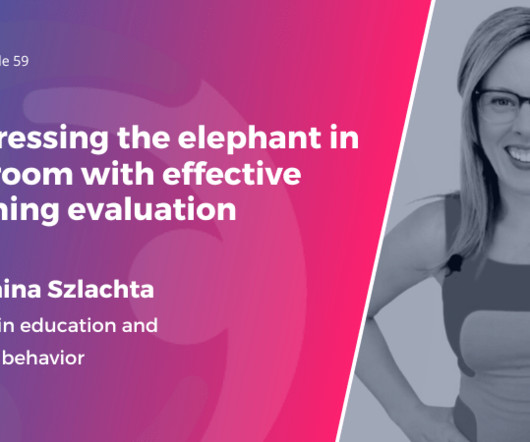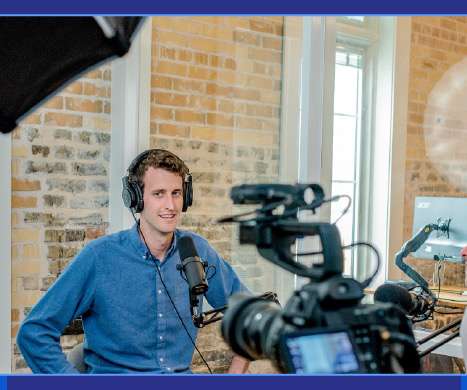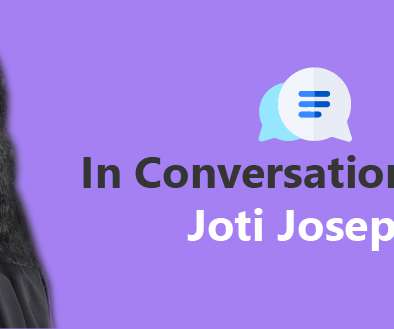Effective Community Management: Best Practices for Success
learnWorlds
JANUARY 12, 2024
Well, this is where community management swoops in as the game-changer. Companies that build strong learning communities , as found by Salesforce in 2021, are 3.5 The latest study from IBM showed that online learning communities can boost employee productivity by a whopping 20%. But it’s not just students.













































Let's personalize your content